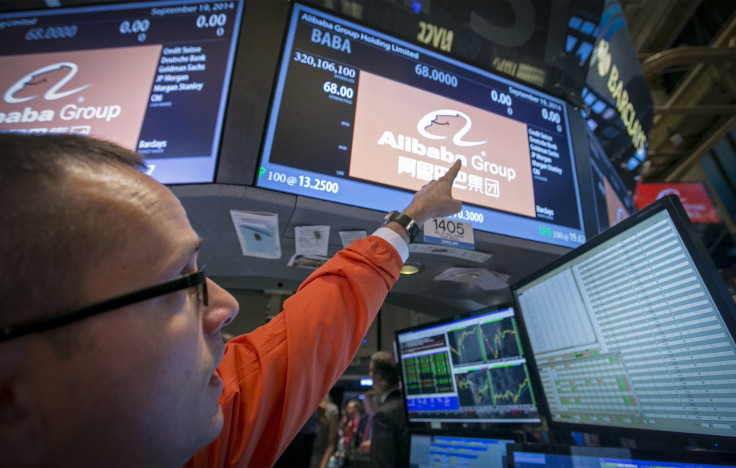US Cross-Border IPOs On The Rise, Say Experts

Amid worries about a growing number of tax inversions sending American companies abroad to buy foreign companies to lower their tax bills, new data shows that some deals are moving the other way: cross-border initial public offerings in which foreign companies choose to go public in the U.S. are actually on the rise.
In the third quarter of 2014, 62 companies have gone public, raising $41.7 billion in proceeds, 116 percent higher than the same period last year, according to the U.S. IPO Pipeline Analysis from Ernst & Young.
Of course, the record-breaking Alibaba IPO helped a great deal.
“We’re seeing heightened cross border activity, including the Alibaba mega IPO raising $25 billion,” EY Global IPO Leader Jackie Kelley said in a statement Monday.
The Chinese Internet company isn’t alone. Technology has been the leading sector for IPOs this year, and foreign issuers accounted for 70 percent of them. Healthcare issues came in second place, though their valuations were nowhere near as high on average, with average proceeds of $80 million.
Currently, 37 of 127 IPOs in the pipeline are in the healthcare sector, with financial services ranking second at 14 and oil and gas ranking third with 10, according to EY’s analysis of data from Dealogic.
“The U.S. is an attractive place to list if you’re a technology or healthcare company as it offers credibility along with investor confidence,” Kelley said.
She said that since 2010, American major exchanges have attracted a larger proportion of global cross-border listings than other markets. The U.S. is a stable place for investors, especially amid increasing instability in Asia and Europe, according to the report.
© Copyright IBTimes 2024. All rights reserved.












